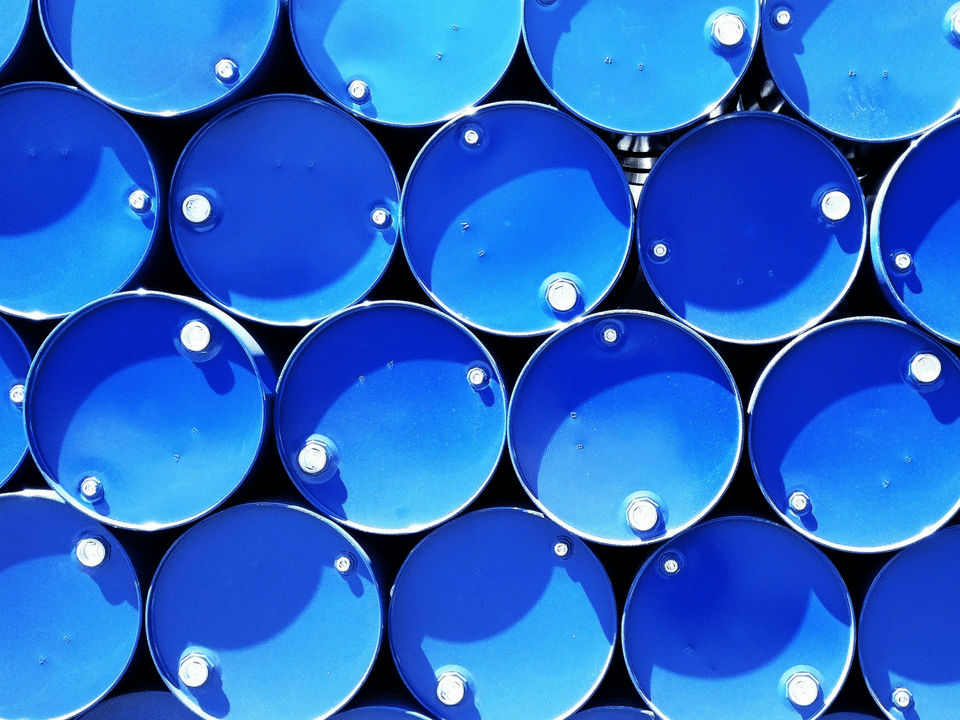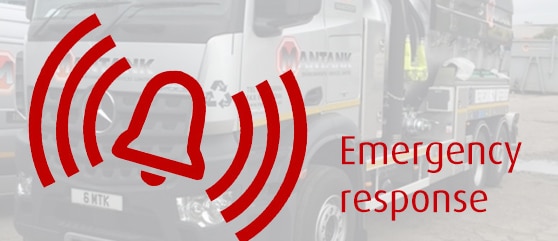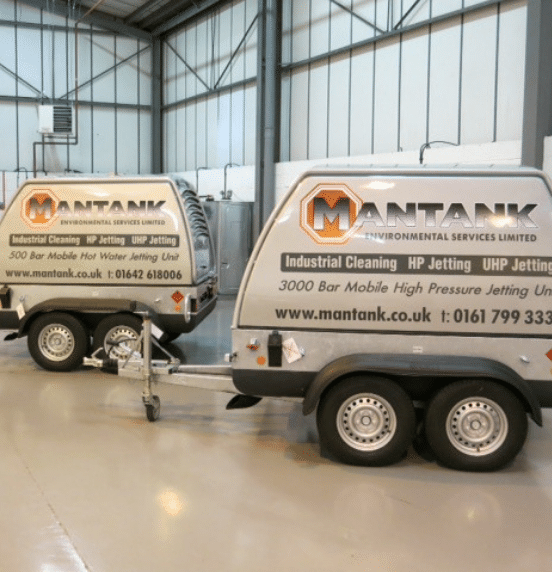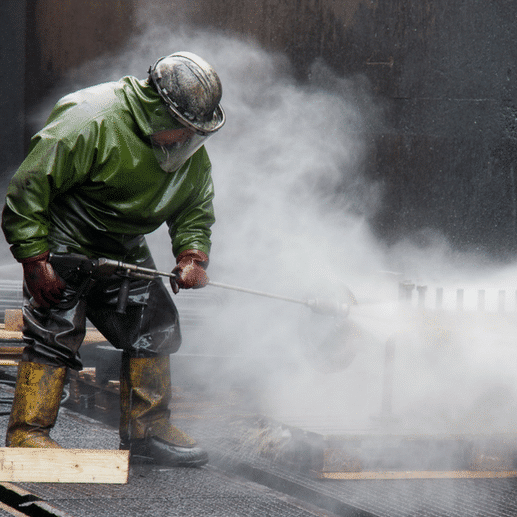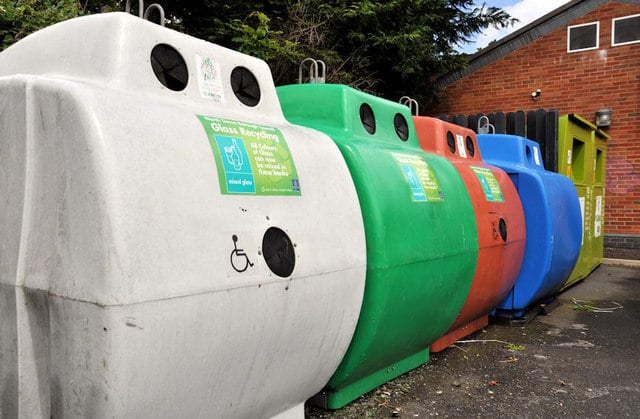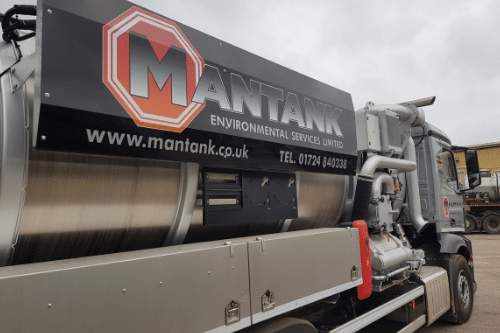At Mantank, we’re not just a service provider; we’re your partner in ensuring the stability and environmental responsibility of your construction projects. Our construction dewatering services go beyond water removal, offering you a comprehensive, eco-friendly, and regulatory-compliant solution. With our bespoke approach, we understand that each site presents unique challenges, necessitating a tailored strategy.
We have also invested heavily in our health and safety processes, becoming members of CHAS, British Safety Council and Safe Contractor Approved.
Technical Aspects of Construction Dewatering
Construction dewatering is a nuanced process, vital for maintaining the structural integrity of your excavations. It involves the removal of groundwater or surface water through methods such as wellpoint systems, deep wells, and sump pumping. The choice of technique is crucial, influenced by factors including soil type, water volume, and environmental considerations.
Our wellpoint systems involve closely spaced wells connected to a header pipe, suitable for shallow excavations and offering minimal disturbance to surrounding areas. In contrast, deep wells are more suited for significant water volume removal, utilising submersible pumps to control groundwater levels for larger or deeper sites.
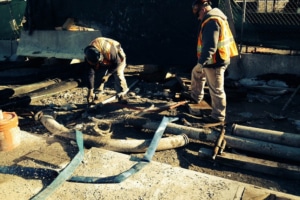
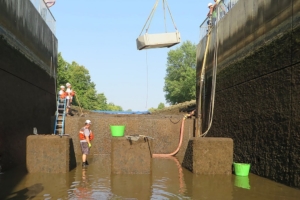
Our experience in dewatering services
Our commitment to excellence is evident in our track record. For instance, our involvement in a range of projects has required a complex dewatering strategy. Examples of these complexities include proximity to protected wetlands and using an innovative approach to ensure groundwater can be used for dust control and other construction needs.
In all our dewatering projects, our team ensure we are acting in the most eco-friendly and efficient way.
Environmental and Regulatory Compliance:
We recognise the environmental implications of dewatering, and our strategies are designed to minimise ecological impact. Our systems include sediment control measures, ensuring that discharged water is free of contaminants, protecting local waterways. Furthermore, we strictly adhere to regulatory standards, conducting thorough site assessments and obtaining all necessary permits before commencing dewatering operations.
FAQs about construction dewatering
What is construction dewatering?
Construction dewatering is the process of removing unwanted water from a construction site, typically necessary for excavations below the water table to prevent flooding or structural failures.
How does soil type affect dewatering?
Soil characteristics heavily influence dewatering methods. For instance, granular soils permit easier water flow compared to clay-heavy soils, impacting the technique and equipment used.
Why is dewatering necessary?
Dewatering is crucial for providing a safe work environment. Excess water can weaken foundations, cause trench collapses, and turn the site into a muddy, unworkable mess. By controlling the water level, construction can proceed safely, efficiently, and within the set timelines.
What are the common dewatering methods?
Several techniques are used, depending on the site’s conditions. Common methods include sump pumping, where water collects in pits and is pumped out, and wellpoint systems that draw water through spears inserted into the ground around the excavation site. Other techniques involve the use of deep wells and ejector wells, especially for more profound or more complex excavations.
Does dewatering have environmental impacts?
Yes, improper dewatering can lead to erosion, sedimentation, and the disturbance of local water bodies. It’s vital to use sediment control measures and comply with environmental regulations to mitigate these impacts.
How long does dewatering take?
The duration depends on several factors, including the project’s size, the water table level, soil conditions, and the chosen dewatering method. It could range from a few days to several weeks or even months for extensive projects.
Understanding these aspects ensures that construction dewatering is conducted efficiently, safeguarding both the project’s integrity and the surrounding environment.
Alongside our construction dewatering services we also offer industrial waste management services which often work in conjunction together.
Construction Dewatering
at Mantank
What sets Mantank apart is our holistic approach to construction dewatering. Our team is not only equipped with technical expertise but also an in-depth understanding of environmental stewardship. We employ state-of-the-art equipment, ensuring efficiency and reliability, and our customer service is unparalleled, offering clients regular updates and full transparency.
Understanding the importance of proper construction dewatering can save your project from delays, structural failures, and financial losses. That’s why we provide our clients with valuable educational resources, guiding them on best practices, potential pitfalls, and the latest industry standards and innovations.
Mantank is at the forefront of providing expert, environmentally responsible construction dewatering services. Our blend of technical know-how, commitment to sustainability, and proven track record makes us the preferred choice for construction projects. Contact us to learn how our tailored dewatering solutions can bring success to your next project.
At Mantank, we offer a wide range of services including professional construction dewatering. Whether you’re a small business with very small dewatering needs or you’re a much larger construction company with much larger needs, we’re able to help. If you’re in need of construction dewatering services or you want to find out more about dewatering and its benefits, get in touch. Contact us today on 0161 799 3337, 01642 618006 or online and speak to a dedicated member of the Mantank team. Alternatively, browse the website and see if your question has been answered.
We have locations across the UK
We have depots across the UK get in touch for a free no obligation quote
Latest News & Articles
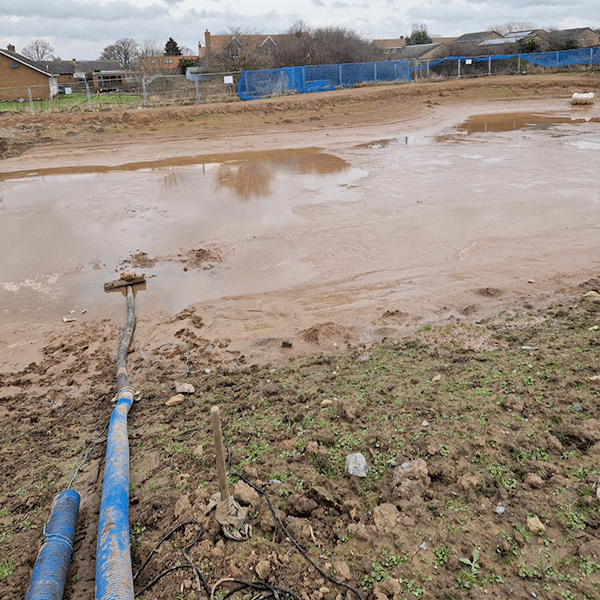
22 March 2024
In the face of escalating environmental challenges, including climate change and rapid urbanisation, the...

8 March 2024
In today’s environmentally conscious world, the demand for effective environmental clean-up services has never...

1 March 2024
Water tanks are crucial components of both residential and commercial water systems, providing a...

